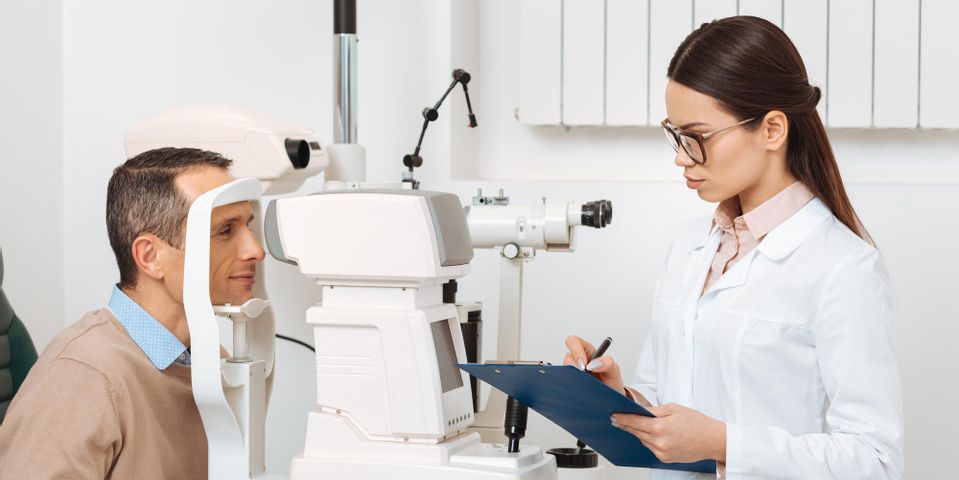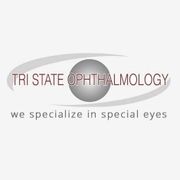
Glaucoma is a common eye disease that tends to affect older adults. If you were recently diagnosed with this condition, build up a knowledge base about it. While your ophthalmologist will answer any questions you might have, use the guide below to learn some of the basics.
What Causes Glaucoma?
Glaucoma is typically caused by increased pressure in the eye. It begins when a fluid known as the aqueous humor becomes blocked at the front of the lens, increasing pressure. Ultimately, that pressure harms the optic nerves, causing loss of sight.
 Taking eye drops that cause dilation or corticosteroids increases the risk of glaucoma development. High blood pressure and circulation problems further increase the chances of fluid accumulation. Thus, the condition is more common in those over the age of 60, particularly people who have chronic inflammation or family members with glaucoma. African-Americans tend to be at higher risks of developing it.
Taking eye drops that cause dilation or corticosteroids increases the risk of glaucoma development. High blood pressure and circulation problems further increase the chances of fluid accumulation. Thus, the condition is more common in those over the age of 60, particularly people who have chronic inflammation or family members with glaucoma. African-Americans tend to be at higher risks of developing it.
What Types of Glaucoma Exist?
Open-angle glaucoma is the most prevalent variety of the condition, leading to vision loss without any other apparent symptoms. It’s caused by pressure building up in the eye due to sudden blockages.
Congenital glaucoma is found in children, causing ocular angle irregularities that lead to issues with fluid drainage. Symptoms include clouded vision and frequent wateriness. Secondary glaucoma is a side effect of other eye conditions, such as cataracts. Lastly, normal-tension glaucoma results from damage to the optic nerve. Since this version of the eye disease isn’t related to increased pressure, the cause remains unknown.
What Are Your Treatment Options?
While the effects of glaucoma are permanent, it’s possible to slow their progression. Prescription eye drops promote fluid production and better drainage, relieving ocular pressure.
If eye drops are ineffective, a doctor may prescribe carbonic anhydrase inhibitors, oral medications that also reduce pressure. Surgical treatment is also available to carve clear pathways for fluid drainage.
If you have glaucoma, work with the trusted eye doctors of Tri-State Ophthalmology in Ashland, KY. Founded in 1963, the vision center has a team of highly trained and caring vision care specialists. They have a wealth of experience with eye diseases and will guide you in your treatment journey. Call (606) 324-2451 to make an appointment, or visit their website to learn more about glaucoma.
About the Business
Have a question? Ask the experts!
Send your question

